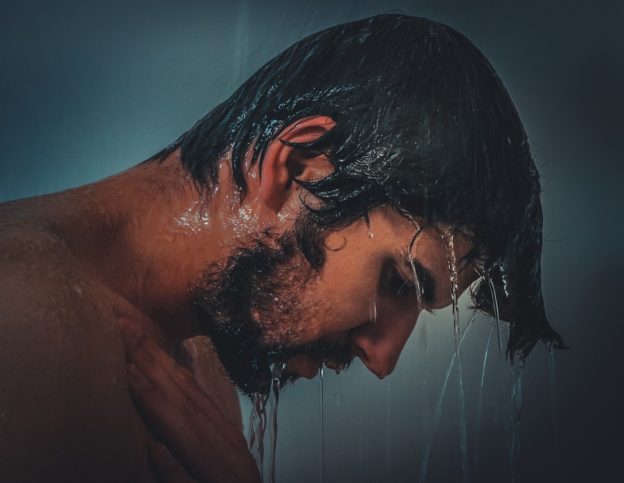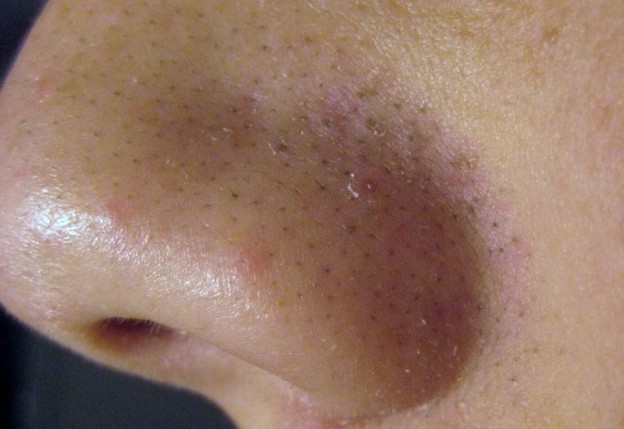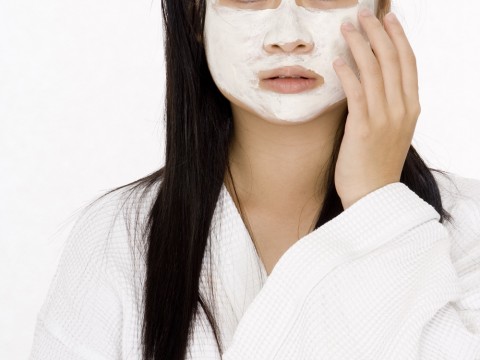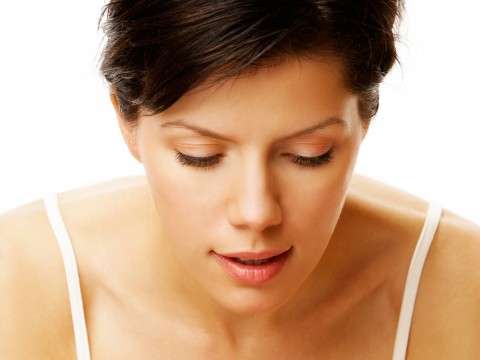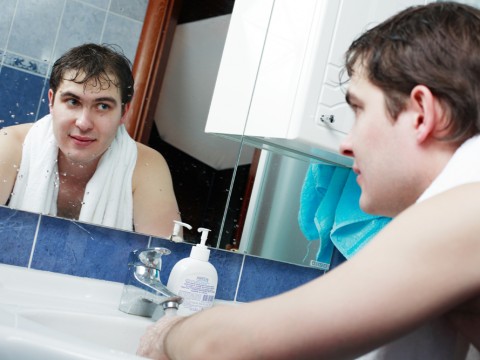Back acne is a troubling issue because it’s harder than you think to get rid of. Unlike acne that sprout up on your face, back acne won’t just go away with the common washing routines that you’ve seen work on other areas. If you’re someone that likes to go swimming a lot and are starting to get self-conscious about it, there are some helpful tips that you should know to prevent back acne. You will need to try a combination of routine exfoliating and topical ointments in order to subdue this fiendish condition once and for all. If you want to give some of these methods a try before seeking out a dermatologist, just continue reading the tips below.
Tips to Help Prevent Back Acne
Exfoliate
When you exfoliate your skin, you’re actually removing dead skin cells that can build up and eventually lead to back acne. You can easily try a sugar-based scrub (available online or in most convenience stores) and try to scrub it into your skin using a loofah. We recommend trying this at least once a week.
Topical Treatment
As with most of life’s problems, you’re going to need to spend a little cash in order to solve them. There are many topical creams on the market specifically designed to treat back acne. Make sure that it includes at least 10% benzoyl peroxide gel in the ingredients list to get the best results.
Cetaphil
Cetaphil is an anti-bacterial cleanser that works to kill bacteria making a home for themselves on the surface of your back. This is one of the leading causes of back acne and can go a long way to help you prevent back acne before it even forms.
Tea Tree Oil
This option is perfect for those that suffer from sensitive skin. Tea Tree Oil is extracted from an Australian shrub and helps prevent back acne by serving as a natural exfoliate if you don’t want to take the artificial chemical route.
All of these options are available at a low cost and just might save you a costly trip to the dermatologist for their treatment. Give them a try by following the link provided below.
